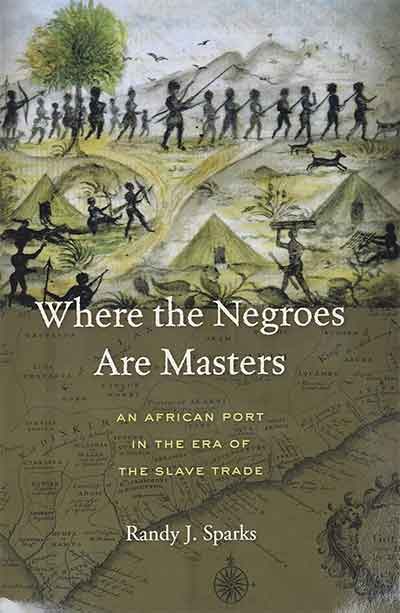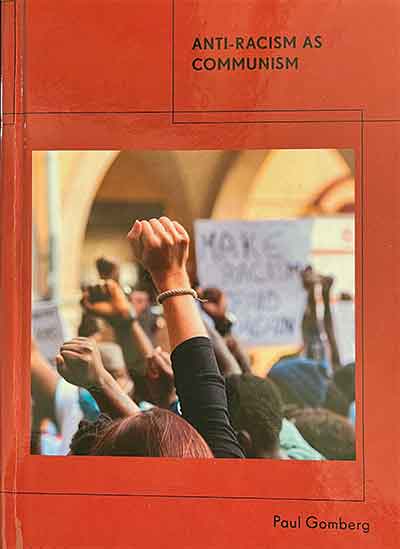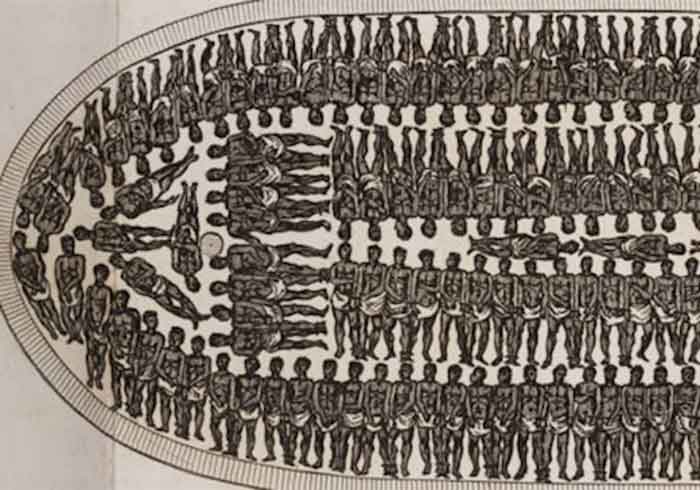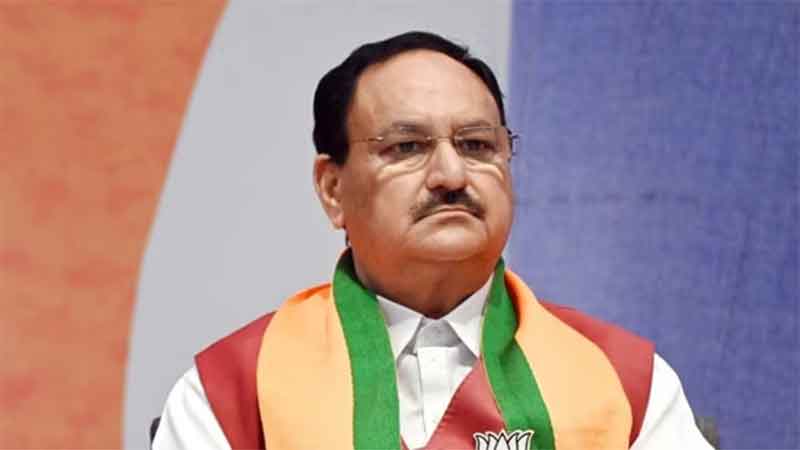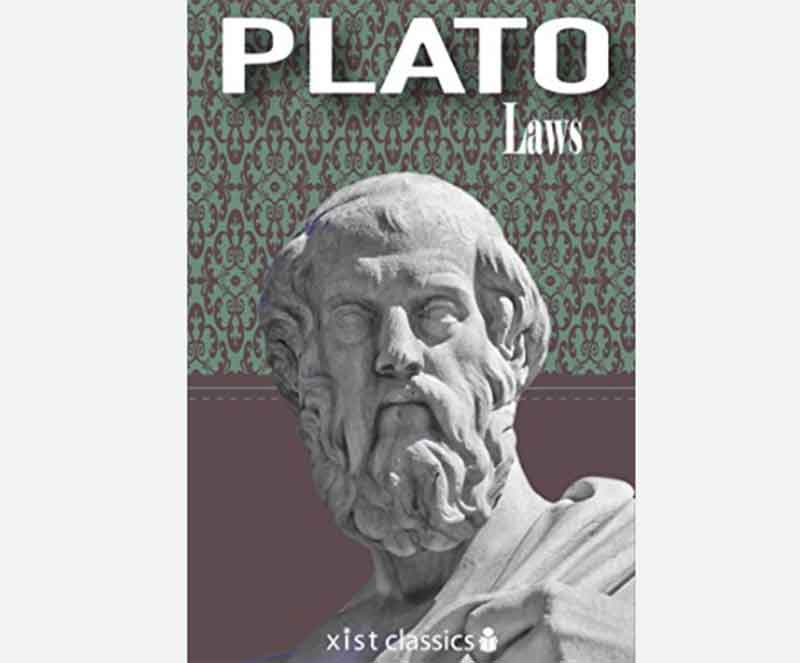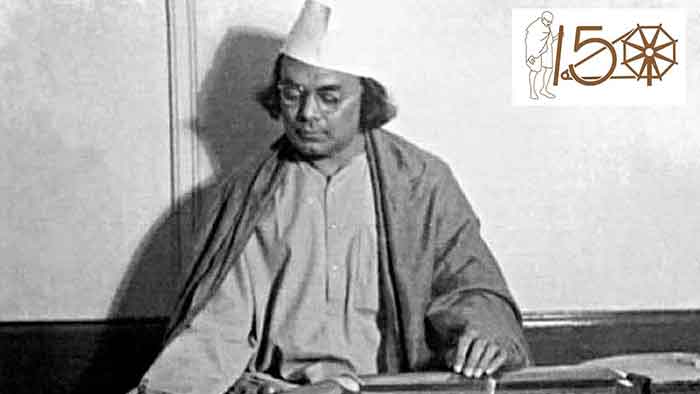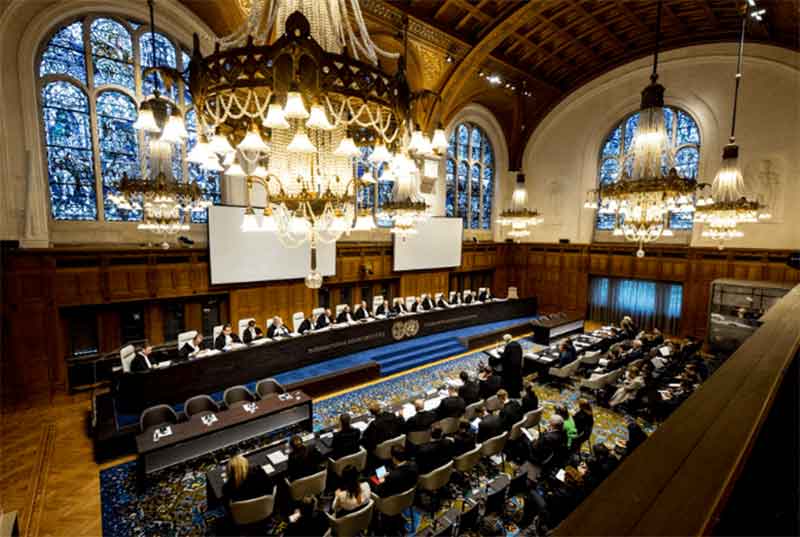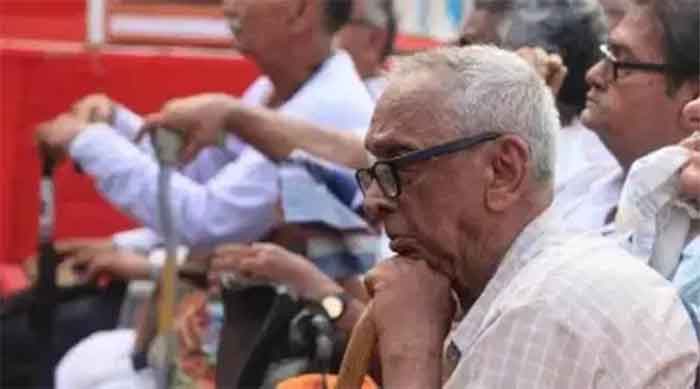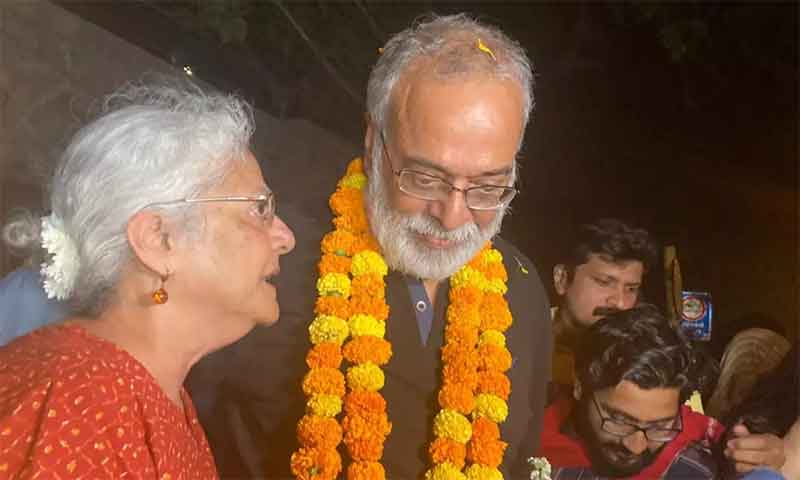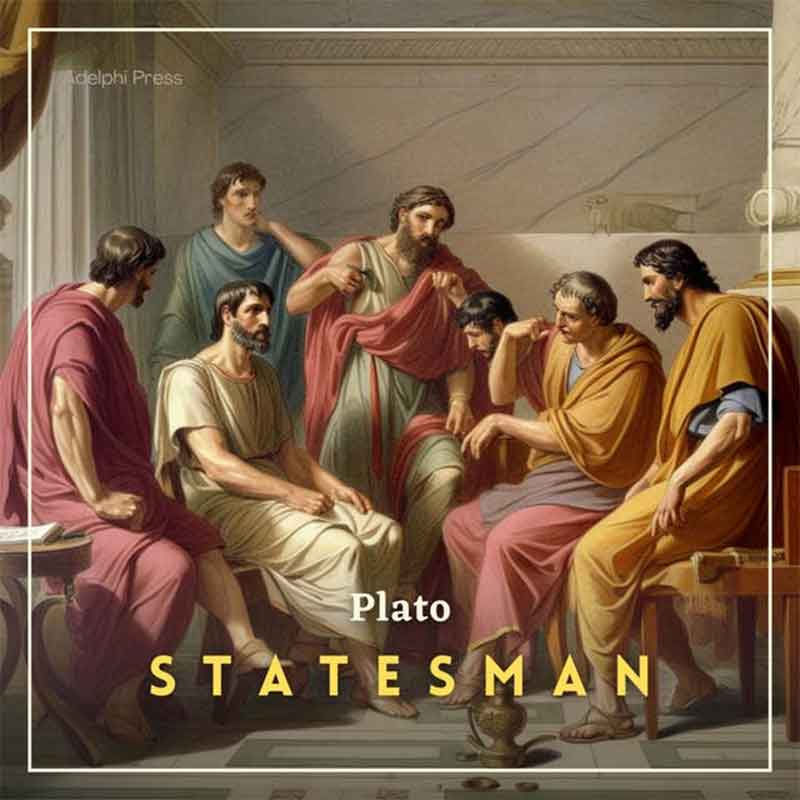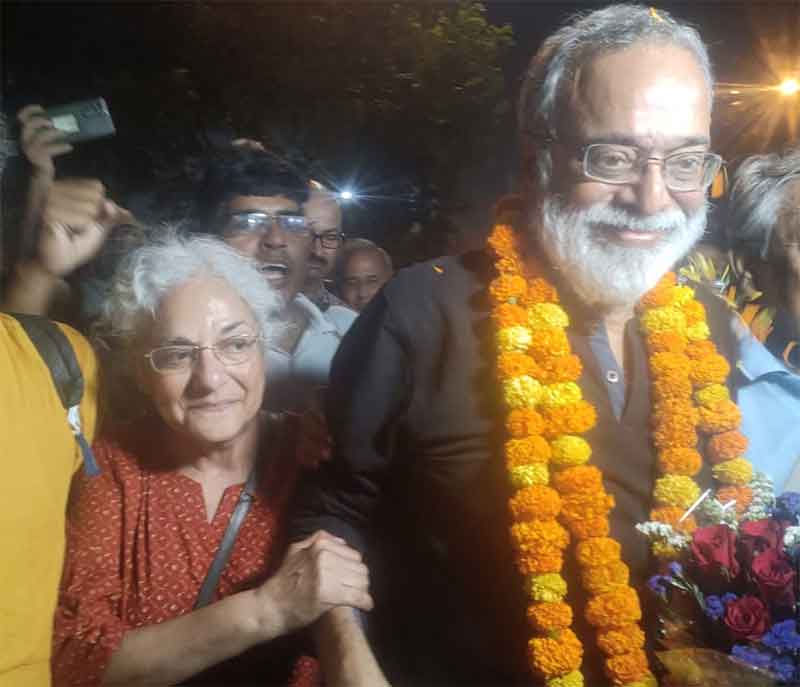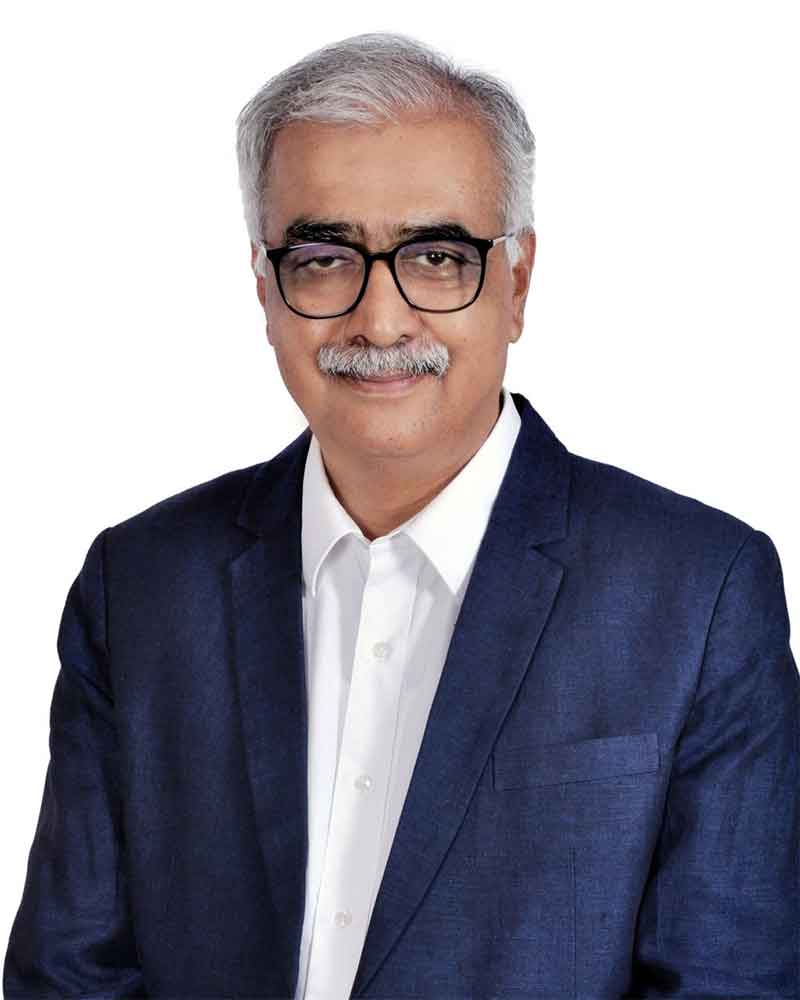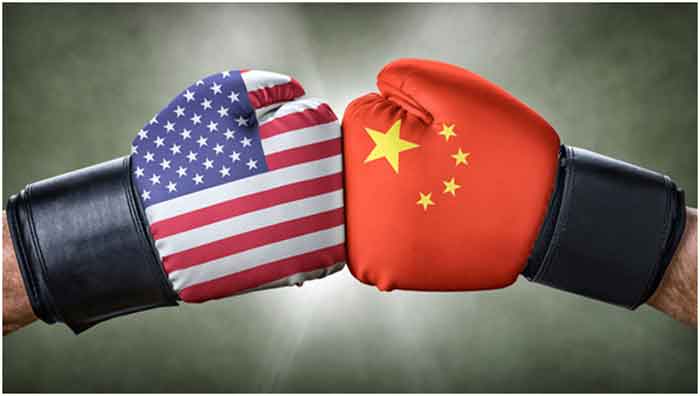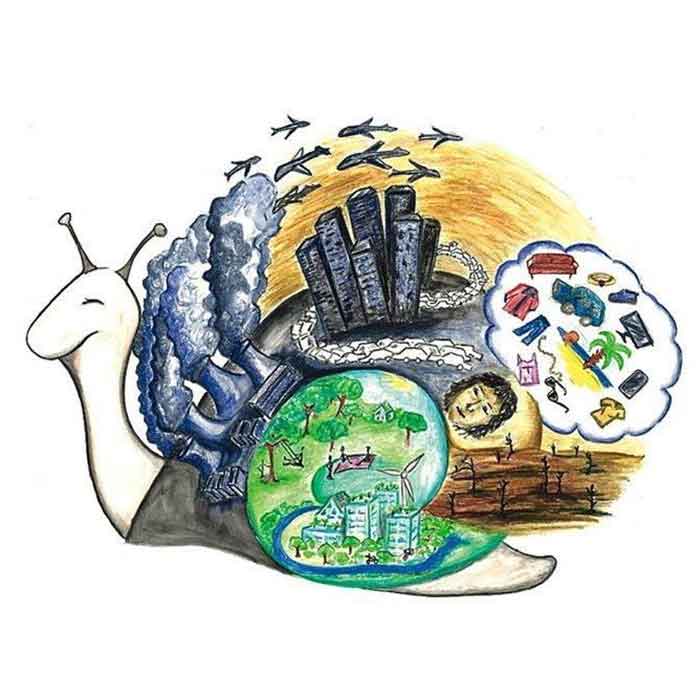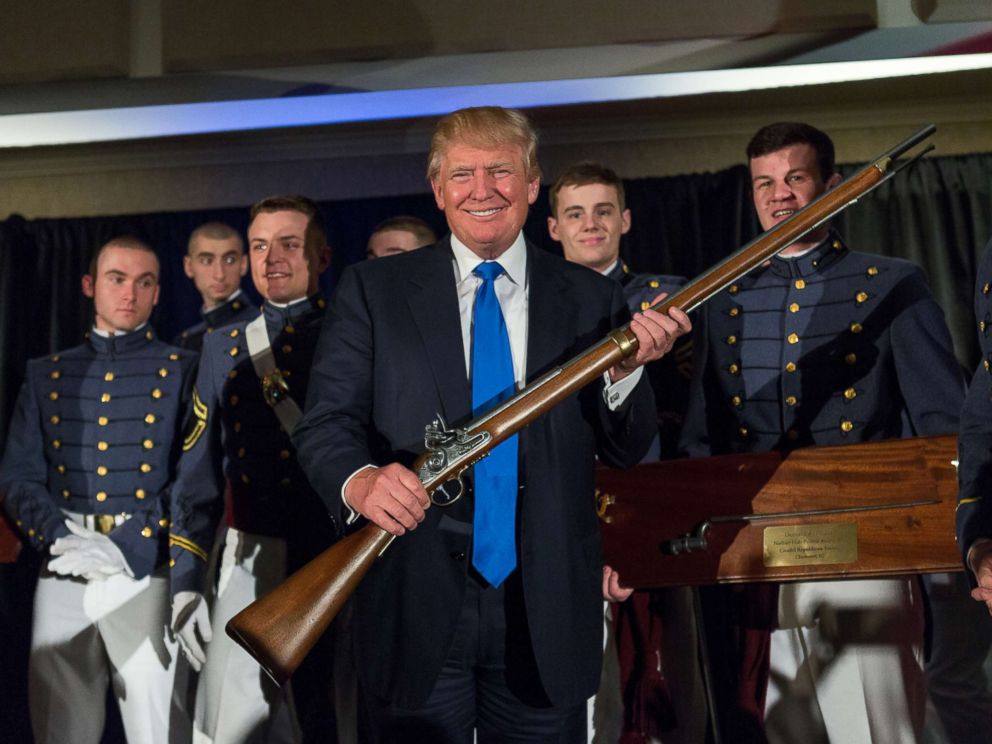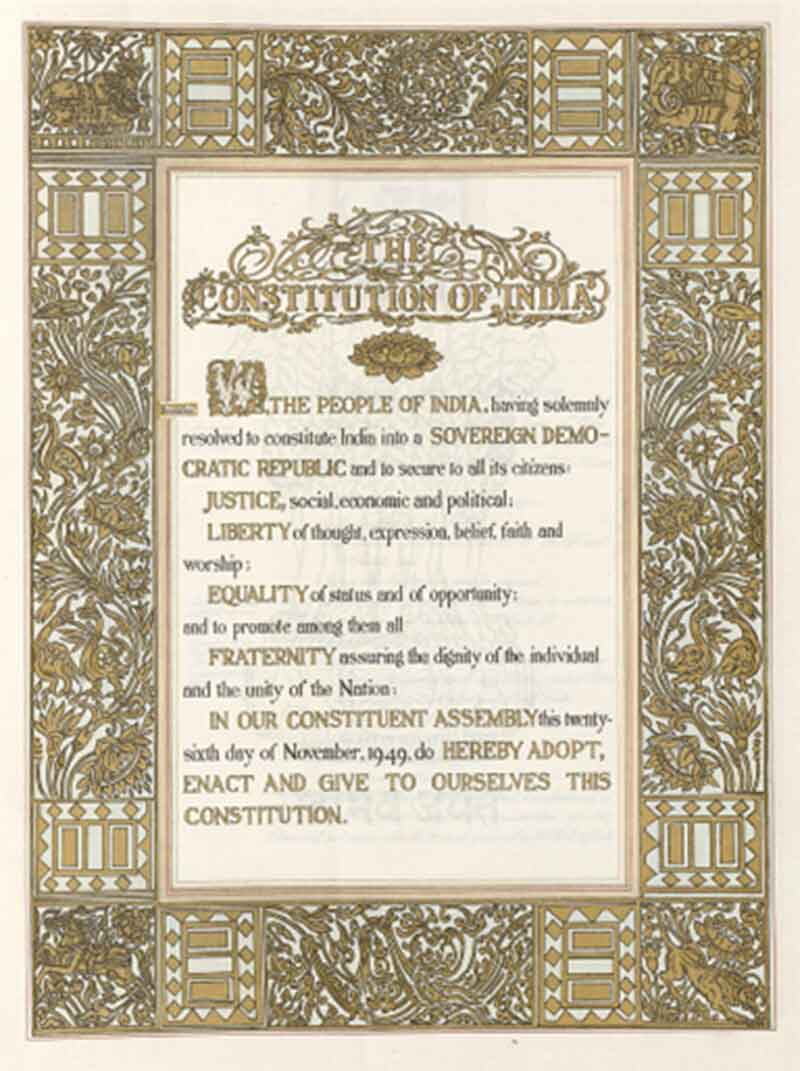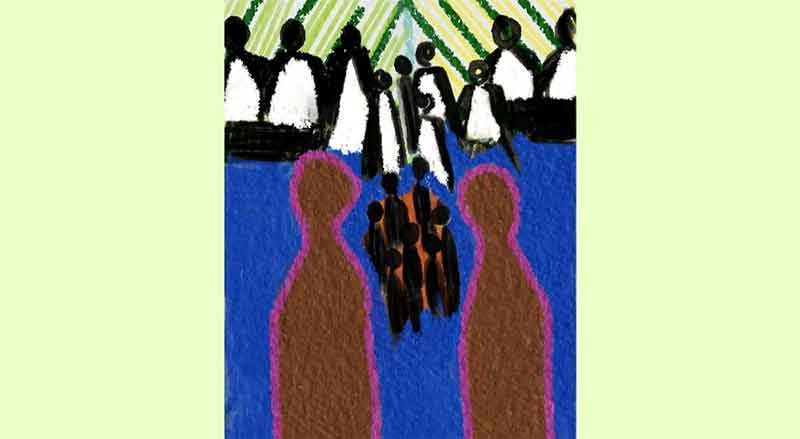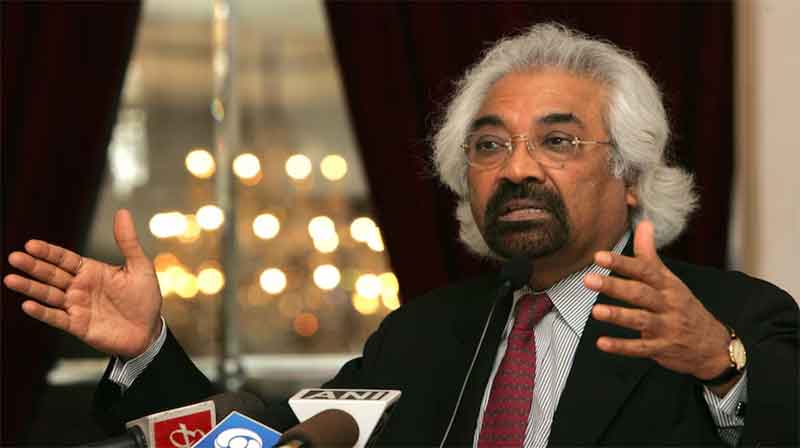
The buzz and fuss about Sam Pitroda’s alleged prejudiced remarks on people of the South,the Northeast etc.should have died down when he had stood down from whatever post he held in the INC’S headquarters. But critics from the BJP circles have raised both the volume and pitch of their screams hoping perhaps to damage the standing of his patron Rahul Gandhi.
As for me I find nothing monstrously offensive about these remarks.Yes,there are many people in the Northeast who resemble the Chinese in their looks.Of course not all.In the South also there are plenty of people who might look like some Africans though without their crinkly hair.Again not all of them. Neither do they lose their sleep worrying about that likeness.
So what’s the fuss about?
It is only the vocal and self-righteous critics who are actually biased against those races and regions.It is in their blood-stream that a deep racial prejudice against people of such looks and such regions seems to run.To them the very appearance of those peoples is offensive in some insidious way.
Actually it is the unconscious but deep-rooted prejudice against those ‘uncouth’ people that runs deep in the minds of the critics mainly from the North that gives rise to such sentiments.They tend to think that people of such description and from those regions are ‘naturally inferior’ in intelligence and culture to the heaven-born fair-skinned races born to rule the world.
I cherish the memory of an incident from the days I had spent as a fledgling lecturer in a Delhi college.The Border War between China and India had broken out at that time.China’s war veterans who had brought to a halt in the Korean War General MacArthur’s reputedly invincible army(thanks to their success in WW II), had easily overrun the poorly equipped and smaller as well as dispersed Indian troops unprepared for such a massive assault,to the deep mortification of Indians. The Indian army units had fought with heroic spunk that ran into legend.But the offensive proved too sudden and too massive.
Delhi residents smarted under the shame of that defeat and especially because of the mercy of cease-fire that seemed to many like an even greater humiliation.The members of Jan Sangh, BJP’s predecessor and filled then with bitter memories of Partition,took pains to raise the outrage to fever-pitch,and for the first time succeeded in upsetting Nehru’s poise.His close friend and confidant V.K.Krishnamenon was forced out of the cabinet by this uproar.Followers of the RSS came out in the open and began weaving Hindu myths about wars between gods and demons into public discourses on economy,society and politics. Delhi University had quite a crowd of them.
In this period of turmoil Nehru came to address a mass rally in the campus organized by the students’ union.The General Secretary of the union went hysteric in his fulminations against the Chinese in this rally attended also by hundreds of residents from outside the campus. The Union Secretary flung strident abuse against the Chinese calling them ‘barbarians’ and much more.The crowd was in the same mood bursting with anger and burning with shame.When it was the turn of Nehru to speak he spoke calmly,choosing his words,but with conviction.
I remember the very words.In gentle but ringing voice he said,”No,don’t call them barbarians.They have a civilisation as old as ours.They are not barbarians.Remember we are fighting the Chinese army and the government that has ordered this attack.We are not at war with the people of China.” With such words spoken softly but with great conviction he calmed the crowd and brought back a sense of both the real world and values we may not abandon.These words and the wisdom at their root,the image of the short man growing taller and taller with his words,remain etched in my mind. Here was a lesson most of us are alas! yet to learn.
Nehru had been the first Indian leader who had the vision of Afro-Asian unity as countries and people recently liberated from colonial bondage.He was a friend of Nasser and U Thant and had close links with Julius Nyerere of Nigeria.He had risen above racial myths propagated by colonial rulers.It is a pity that Mao who was troubled by raging food shortage in the country and disputes within his party failed to share it and chose to see things as either black and white.
Not that our Hindu heritage has been exempt from gross discrimination and prejudice akin to racial stereotypes.Particularly in descriptions of and conventional assumptions about the Shudras and the Ati-Shudras in the scriptures there are strong traces of the kind of anxieties and feelings that also underlies racialist discourses in the West.
Colonial rulers not only entertained such ideas and sentiments but gave them a pseudo-scientific turn so as to attract and co-opt the native elite that had climbed to middle and higher rungs of colonial administration.H.H.Risley who like many other British officers of civil service was a scholar-administrator collated and edited the work of several dozens of native investigators for the two volumes of Tribes and Castes of Bengal(1892),and wrote in the lengthy introduction that the survey had established that the caste elite of Hindu India had clear affinities to the racially superior Europeans while the lower castes belonged to the inferior lower castes.The caste elite responded positively to such clearly undemocratic racialist message though many of them had done so half-heartedly.
In our school textbooks we had similar stereotypes passed on smugly.In our Geography textbooks human races were divided into three broad divisions,Caucasian, Mongoloid and Negroid.(Perhaps there were four.)They were treated in sequence in order of ‘natural’ attributes with Caucasians topping the list,the Mongoloid next and the Negroid at the bottom.There was a clear decline in what used to be considered good looks and natural gifts.The Negroid came last with brutish and dull appearance.That used to be rather depressing to teens with less than Caucasoid looks and profoundly uplifting to those dullards resembling that stereotype.Of course outside the class room we played and chattered without any thought about it,but I am sure at some time or other in the future they faced situations that reminded them of that lesson in a flash.
Thus colonial rulers had depended on such rigid discourse about race to stamp such stereotypes on the memory of generations of Hindus and Muslims.The Blackies and the Flatnosers suffered from an inferiority complex and those who rave against colonial influence most today betray a similar scale of preference.
I remember that soon after Modi was installed there was a burst of social media posts where the ‘Aryan heritage’ used to be proclaimed as an heirloom to be regained.That included a fair skin.
The wretched ones cursed with children with dark skin were advised to try a Vedic prescription including one day’s fast and abstention from sex followed by a Vegetarian meal of fine rice cooked in ghee of pure cow’s milk and so on.Some hapless people must have followed this desperate nostrum and cursed the advisers later like a snubbed shrew venting her fury against imaginary enemies in print.
Hiren Gohain is a political commentator



